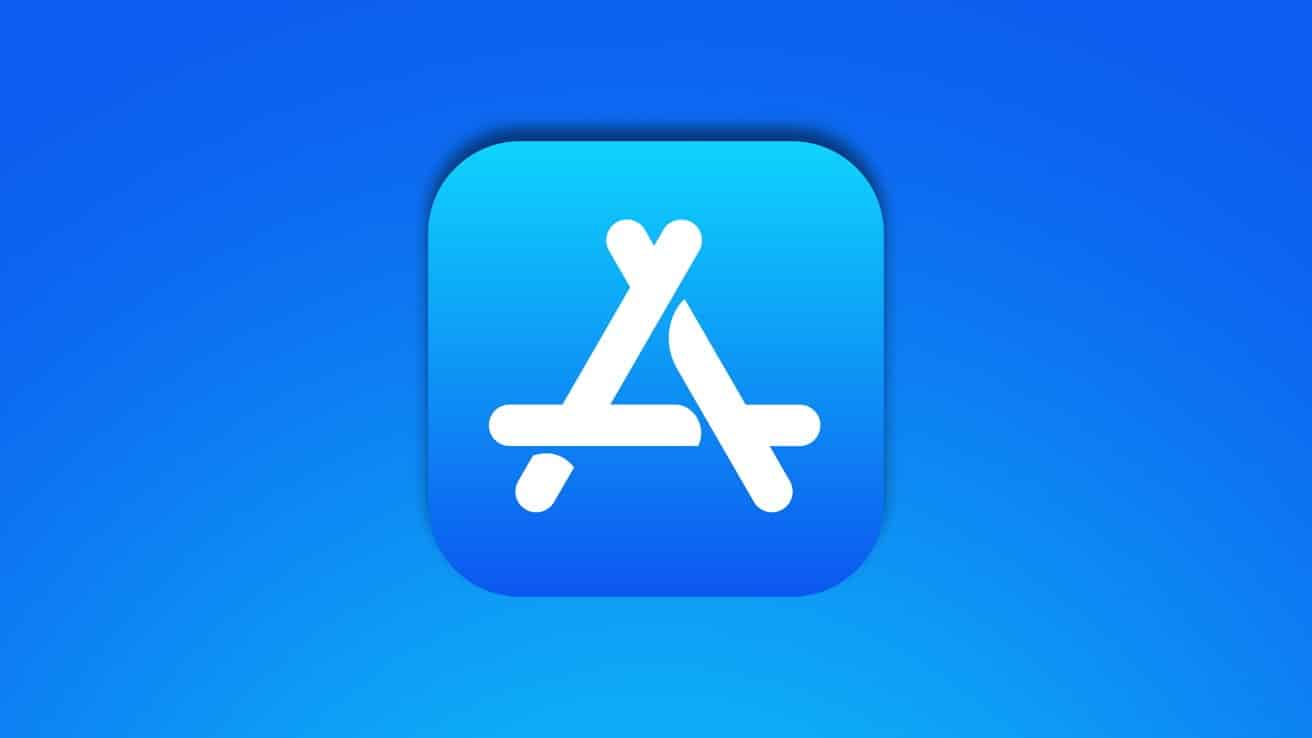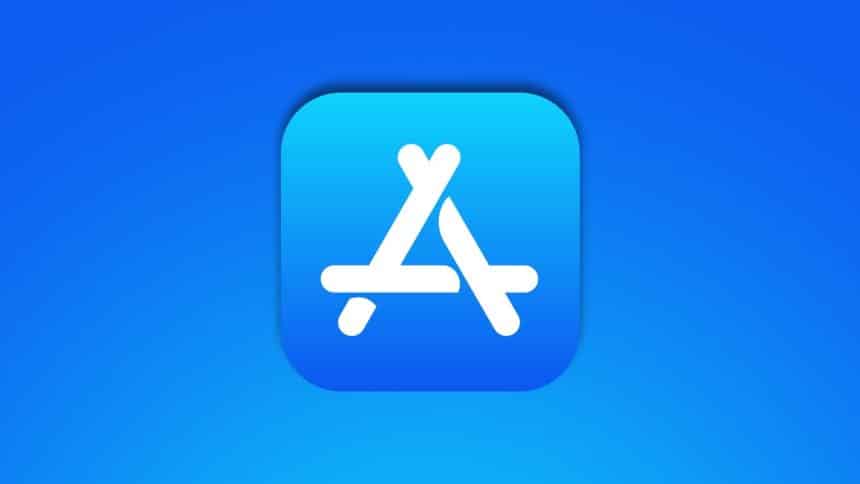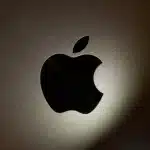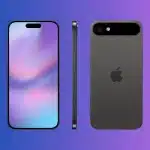A federal appeals panel on 4 June denied Apple’s emergency motion to suspend enforcement of a 2023 injunction tied to the Epic Games lawsuit. As a result, the tech giant must continue honoring rules that let developers place in-app links to external purchase pages, bypassing Apple’s usual commission.
Anti-steering order stands—for now
The disputed injunction stems from Judge Yvonne Gonzalez Rogers’ finding that Apple’s “anti-steering” ban violated California competition law. Apple argues the mandate causes “irreparable harm,” yet the appeals court ruled the company failed to show likely success on the merits, clearing the way for ongoing compliance during a full appeal.

Epic and rivals seize the moment
Epic, Spotify, and Match Group already display checkout links that avoid Apple’s 15-to-30 percent cut. Although users still see Apple’s in-app purchase pop-ups, the alternative pathways promise zero commission—saving big brands millions and putting pressure on Apple’s lucrative Services division.
Developers say Apple’s fix is clunky
After losing in trial court, Apple introduced a “link-out entitlement” that charges up to 27 percent on sales completed within seven days of tapping an external link. Many developers call that fee structure punitive and hard to implement. Even so, apps such as Spotify claim early data show customers willing to follow the extra steps for lower prices.
Revenue risk grows ahead of WWDC
Services brought Apple $23 billion last quarter, and any mass shift to outside payments could erode that stream. The timing also stings: Apple kicks off its Worldwide Developers Conference on Monday, where it will court the very developers it is battling in court.
What lies ahead
Apple can still ask the Supreme Court for relief, yet legal scholars doubt the justices will intervene before the merits hearing. Therefore, external links will likely remain throughout 2025, giving regulators and rivals fresh ammunition in global antitrust probes. For consumers, the decision means more payment choices—and perhaps lower prices—every time a game or music app pops up a “Buy Here” button.












